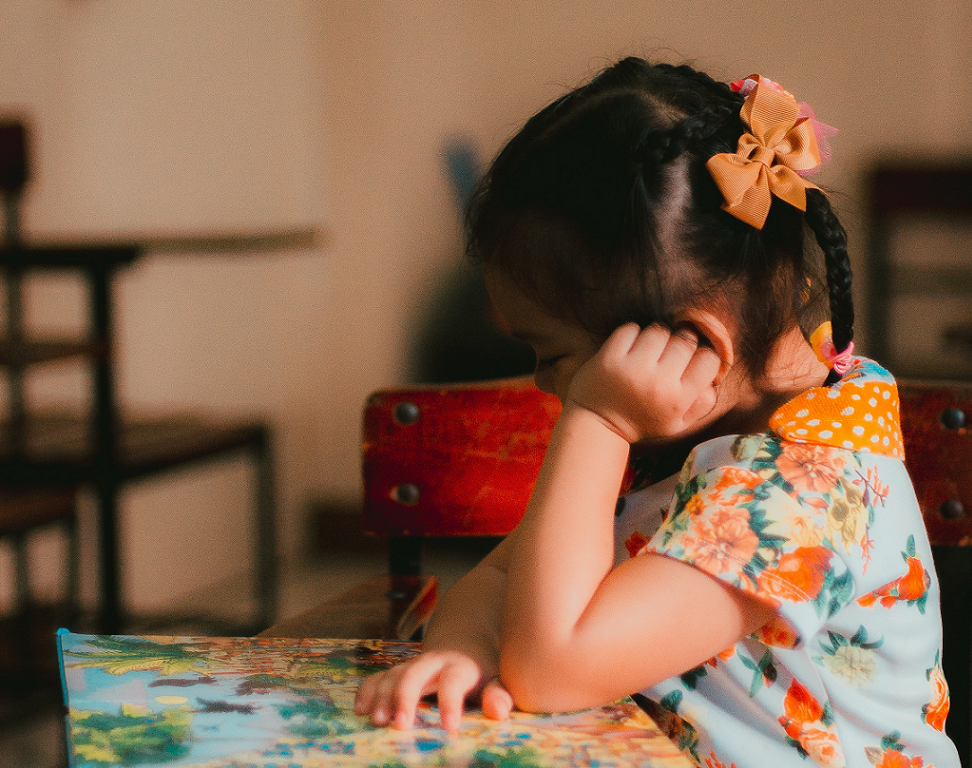Family violence is a pervasive social issue that affects individuals, families, and communities worldwide. It takes many forms, including physical, emotional, sexual, and financial abuse, and can have both short-term and long-term effects on its victims. In this post, we will explore the immediate and prolonged impact of family violence on individuals, as well as its broader societal consequences.
Short-Term Effects:
- Physical Harm: The most obvious effect of family violence is physical harm. Victims may suffer injuries such as bruises, cuts, broken bones, or even death. The severity of the injury can vary depending on the type of abuse and the frequency of attacks.
- Emotional Trauma: Family violence can cause severe emotional trauma that can last a lifetime. In addition to other mental health conditions, victims may experience anxiety, despair, and post-traumatic stress disorder (PTSD). They may also develop low self-esteem, feel helpless, and lose their sense of identity.
- Fear and anxiety: Abuse victims who live in abusive environments are constantly plagued by feelings of fear and anxiety. They may be unwilling to speak up, to leave their homes, or to ask for help out of concern that their abusers may retaliate.
- Disrupted Daily Life: Family violence can disrupt daily life, making it challenging for victims to maintain routines, keep appointments, and perform daily tasks. They may need to constantly adjust their schedules to avoid triggering their abuser’s anger.
- Social Isolation: Abusers often isolate their victims from friends and family, making it difficult for them to receive support or access resources. Feelings of loneliness may result from this seclusion, which can also worsen emotional suffering.

Long-Term Effects:
- Mental Health Issues: The emotional trauma caused by family violence can lead to long-term mental health issues such as complex PTSD, borderline personality disorder, and substance abuse problems. These conditions can be challenging to treat and may require extensive therapy and support.
- Trust Issues: Survivors may struggle to trust others in personal and professional relationships. They may find it challenging to form healthy boundaries, feel comfortable with intimacy, or maintain long-term relationships.
- Parenting Challenges: Children who grow up in violent households may struggle with parenting their own children later in life. They may overcompensate or undercompensate in their parenting style, leading to difficulties in establishing healthy relationships with their offspring.
- Financial Consequences: It can result in financial instability for victims. They may need to take time off work or school, relocate suddenly, or pay legal fees associated with obtaining restraining orders or divorce proceedings.
- Intergenerational Cycle: Unfortunately, it tends to perpetuate itself across generations. Children who witness domestic violence are more likely to become either victims or abusers themselves in future relationships. Breaking this cycle requires concerted effort and intervention from support services, schools, and community organizations.
Societal Impact:
- Economic Burden: Family violence places significant economic burdens on society through direct medical costs, lost productivity, and law enforcement expenses. According to the World Health Organization (WHO), the cost of violence against women and children alone amounts to around 5.8% of global GDP.
- Legal System Strains: Family violence puts pressure on the legal system, requiring court hearings, police interventions, and social worker involvement. This strain can lead to delays and backlogs in processing cases, causing additional stress for victims.
- Community Disruption: It can disrupt entire communities when victims are forced to relocate, causing displacement and social isolation. Additionally, the stigma surrounding family violence can create a culture of silence, allowing abuse to continue unchecked.
- Perpetuating Stereotypes: Family violence reinforces harmful gender stereotypes, perpetuating toxic masculinity and submissive femininity. By addressing the root causes of family violence, we can challenge these damaging norms and promote healthier attitudes toward gender roles and relationships.
- Loss of Human Potential: Perhaps the most profound impact of family violence worldwide is the loss of human potential. When individuals live in fear and anxiety, they cannot reach their full potential, and their contributions to society are limited.
To summarize and grab the subject collectively, please watch the video shown below:


